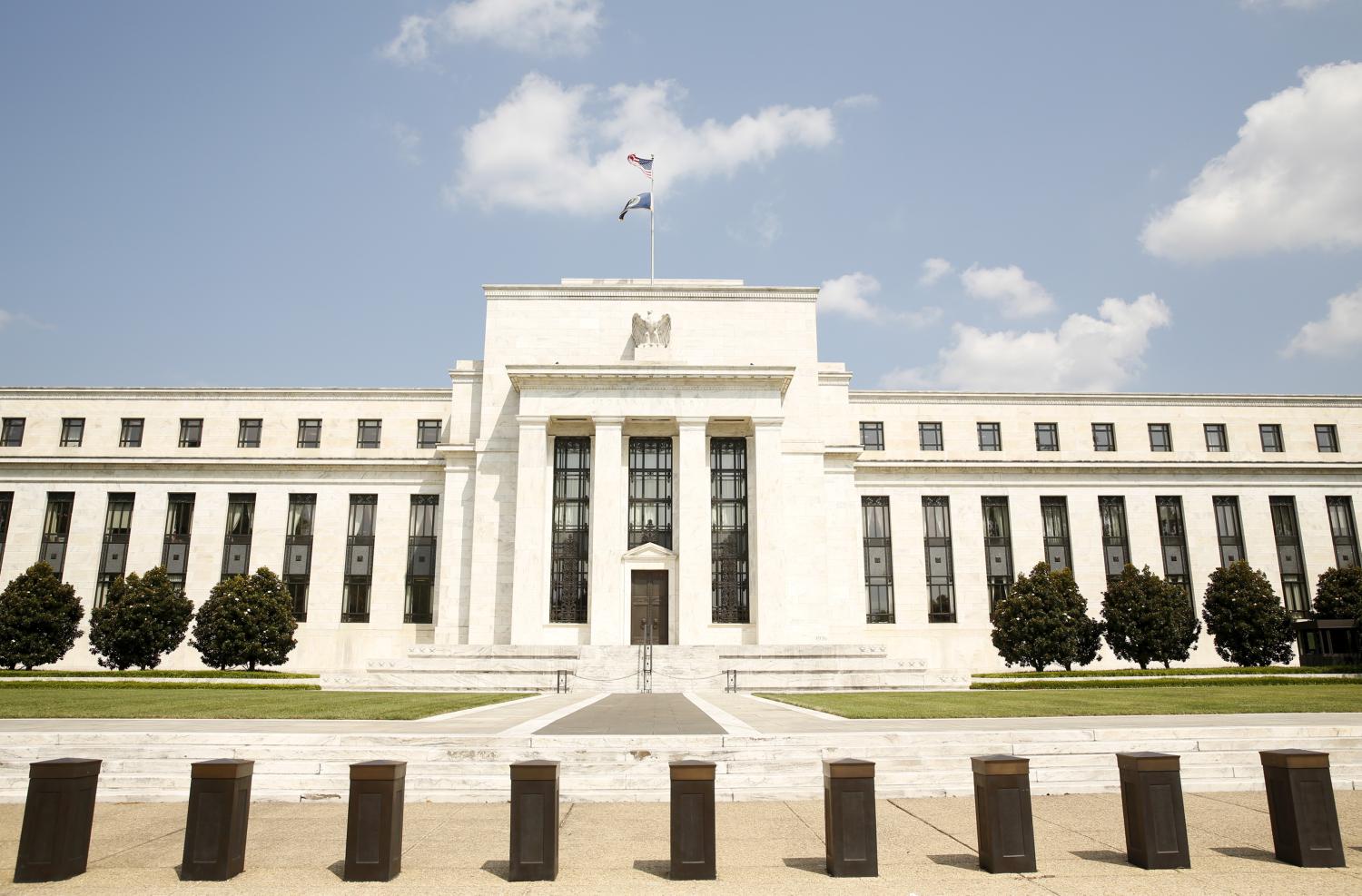The COVID-19 pandemic caused a severe contraction in U.S. economic activity, and the fiscal policy response was unprecedented. The federal government spent over $5 trillion on subsidies, transfers, grants, and tax cuts. But a lack of administrative capacity hindered the policy response, with implementation issues affecting both the types of programs enacted and the effectiveness of those programs. The massive spike in unemployment insurance (UI) claims at the beginning of the pandemic, combined with the creation of new UI programs, led to long delays in the disbursement of benefits and even outright crashes of UI systems, particularly in states with antiquated UI benefit systems.
In this paper, I examine how problems administering unemployment insurance during the pandemic reduced the effectiveness of UI as a fiscal stabilizer. Specifically, I compare consumption changes during the pandemic in states that had not modernized their UI systems with those that had. I proxy for a lack of UI modernization with the use of COBOL (Common Business Oriented Language) in a state’s UI benefit system. COBOL is an antiquated programming language developed in 1959 that was once used by all state UI programs. As of 2020, COBOL had been abandoned in the UI benefit systems of 22 states through modernization of their UI system.
I find that while aggregate consumption (as measured by credit and debit card purchases) fell precipitously in all states at the start of the pandemic and remained below pre-pandemic levels for several months, it was slower to recover in states with antiquated UI systems. Using a two-way fixed-effects (TWFE) estimator, I find that the relative decline in consumption from March 13, 2020 to December 31, 2020 was 2.8-percentage-points larger in COBOL states than in non-COBOL states. Using this estimate in a back-of-the-envelope calculation, I find that the failure to invest in updating UI-benefit systems in COBOL states caused real GDP to be at least $105 billion (in 2019 dollars) lower during this period.
UI serves as not only a safety net for laid-off workers during recessions but also as a macroeconomic buffer. UI benefits increase income for households with unemployed workers, which in turn increases household consumption. Because the fiscal-multiplier effect of a dollar of UI benefits during a recession is likely greater than 1, UI has positive general equilibrium effects, including effects on household consumption. My estimates, therefore, likely reflect a combination of the direct effect on UI-eligible households in COBOL states and indirect effects in the form of a dampened fiscal multiplier. In other words, the consumption effect that I estimate is driven by claimants in COBOL states experiencing a relatively higher administrative burden, which led to UI functioning as a less effective fiscal stabilizer in COBOL states.
The primary mechanism by which COBOL usage in UI benefits led to lower aggregate consumption is delays in the UI benefits disbursement. COBOL states could have experienced delays in UI disbursements, both because it took longer for claimants to successfully file a claim and because processing those claims took longer. Delayed claims could affect aggregate consumption through a dampened UI fiscal multiplier. Ganong, Greig, Noel, Sullivan & Vavra (2022) find that the one-month marginal propensity to consume (MPC) for claimants who received their benefits was highest in April 2020 compared to later periods when UI benefits changed, such as the expiration of the $600 supplement in July 2020. When households save a larger share of their UI benefits due to delayed disbursement, they will purchase fewer goods and services, directly lowering consumption. That household’s consumption decisions will have spillovers, leading to a lower UI fiscal multiplier, since the UI fiscal multiplier is directly related to the MPC. Given that UI relative replacement rates were on average over 100% (Ganong, Noel & Vavra, 2020) from April 2020 to the end of July 2020, delaying UI benefits by months could significantly alter consumption behavior.
-
Acknowledgements and disclosures
The Brookings Institution is financed through the support of a diverse array of foundations, corporations, governments, individuals, as well as an endowment. A list of donors can be found in our annual reports published online here. The findings, interpretations, and conclusions in this report are solely those of its author(s) and are not influenced by any donation.
The Brookings Institution is committed to quality, independence, and impact.
We are supported by a diverse array of funders. In line with our values and policies, each Brookings publication represents the sole views of its author(s).








